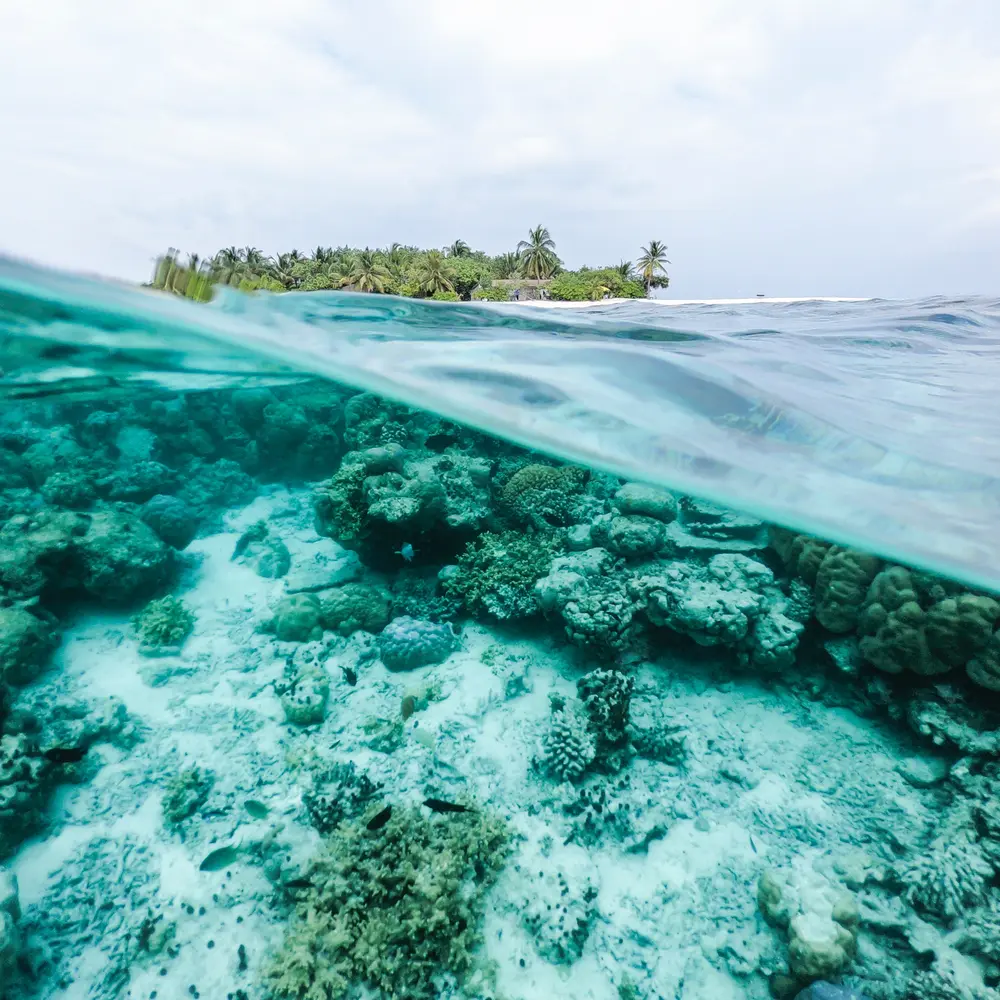

Carnegie Science
Sep 6, 2023
Carnegie researchers are pursuing novel approaches to studying the life sciences across scales.
"The life sciences are on the cusp of a leap forward in our understanding of life on this planet, as well as the ways that human activity is altering Earth’s systems and cycles. Thanks to recent advances in research tools and techniques, we are now capable of linking genomic information not just to the synthesis of molecules that comprise our physiological functions—knowledge Carnegie scientists were crucial to elucidating over the last half-century—but also extending these investigations to the community interactions that shape both human health and ecosystem resilience.
By applying cutting-edge molecular biology techniques to pressing environmental problems, Carnegie scientists are revealing the genes and processes that underpin ecologically important traits. This knowledge can be used to guide conservation efforts, improve agricultural sustainability, mitigate climate change, and solve longstanding health mysteries.
Learn about five ways Carnegie researchers are deploying a genomes-to-ecosystems approach to driving scientific discovery and enhancing our understanding of the interconnected nature of life on Earth.
1. Coral Conservation
Coral reefs are biodiversity hotspots with tremendous value for many coastal communities. Despite this, they are in decline due to human activity. Carbon pollution that we spew into the air is both warming oceans—causing fatal bleaching events—and altering seawater chemistry—resulting in ocean acidification that impedes reef growth. Phillip Cleves’ lab was the first to use the Nobel Prize-winning CRISPR/Cas9 genome editing technology in coral. His team previously revealed a gene that is critical to how a soft coral species responds to heat stress—information that may help predict how corals will handle future bleaching events. And earlier this year, Cleves lab graduate student Amanda Tinoco revealed a gene that’s critical to stony corals’ ability to build their reef architectures. The lab is continuing to use CRISPR/Cas9 to gain genetic information that could inform efforts to build coral resilience and rehabilitation in the face of destructive ocean acidification."

---
To read the rest of the original article, please visit:
